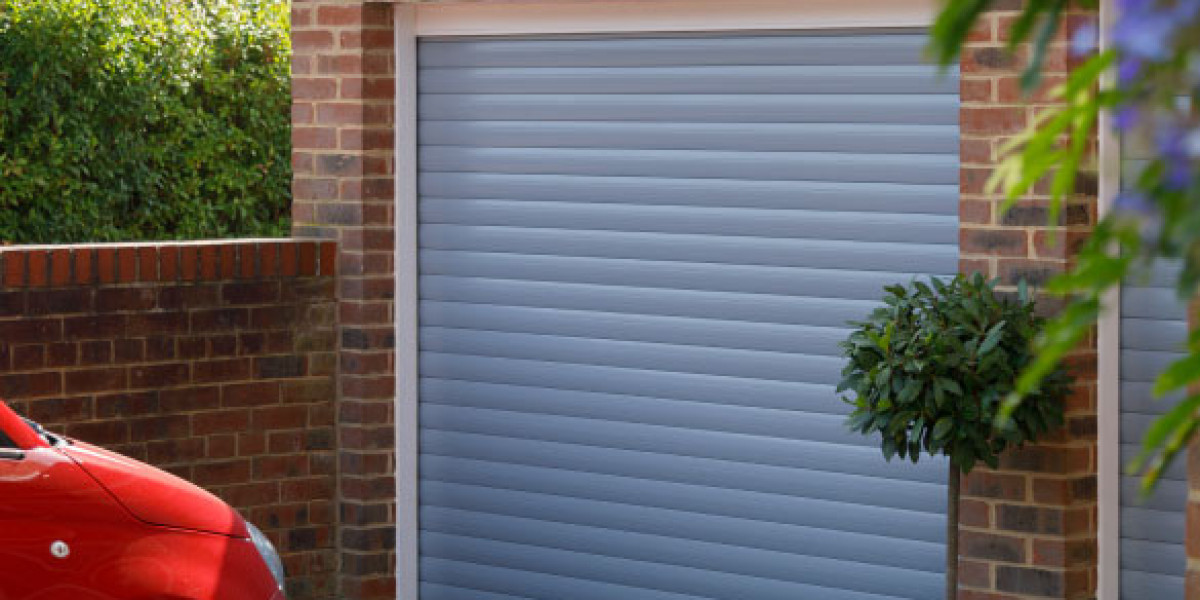The Legal Requirements for Garage Doors in the UK
Garage doors are not just functional barriers; they are vital components of homes and businesses that contribute to security, energy efficiency, and aesthetics. However, like any other structural element, garage doors in the UK must comply with various legal requirements and standards to ensure safety and functionality. Whether you’re installing a new garage door or maintaining an existing one, understanding these regulations is essential.
In this blog, we’ll explore the key legal requirements for garage doors in the UK, focusing on safety, building regulations, and maintenance guidelines.
1. CE Marking and Compliance with UKCA Standards
Garage doors sold and installed in the UK must comply with the UKCA (United Kingdom Conformity Assessed) marking requirements post-Brexit. Previously, CE marking was the standard. These certifications indicate that the door meets safety, environmental, and performance standards set by UK regulations.
- Key Points:
- The door must meet the essential requirements of UK construction product regulations.
- Always check for the UKCA marking when purchasing a garage door.
2. Building Regulations for Garage Doors
The UK Building Regulations include specific provisions related to garage doors, especially if they are part of an attached garage.
- Fire Safety (Approved Document B):
- If the garage is attached to a home, the door separating the two spaces should have fire-resistant properties.
- Fire doors must comply with BS 476 or EN 1634 standards.
- Thermal Performance (Approved Document L):
- Garage doors must meet energy efficiency standards, especially if the garage is connected to a heated property.
- Insulated garage doors are often recommended to comply with these requirements.
- Structural Integrity:
- Doors must be installed securely to prevent collapses or operational failures.
3. Safety Features and Automation
Garage doors, particularly automated ones, must meet safety regulations to prevent accidents.
- Safety Edges and Sensors:
- Automated garage doors must have sensors to detect obstructions, preventing the door from closing on people or objects.
- Emergency Release Mechanisms:
- All automated doors should have an emergency release mechanism to allow manual operation during power outages.
- Anti-Fall Devices:
- For sectional and roller garage doors, anti-fall devices are essential to prevent the door from dropping if the mechanism fails.
- Relevant Standards:
- BS EN 12453: Safety in use of power-operated doors.
- BS EN 12604: Mechanical aspects of door safety.
4. Planning Permissions
In most cases, installing or replacing a garage door does not require planning permission. However, exceptions apply in certain scenarios:
- Listed Buildings:
- If the property is listed, any changes to the garage, including door installation, may require planning consent.
- Conservation Areas:
- In conservation areas, restrictions may apply to the style, material, or colour of the door to preserve the area’s character.
5. Noise and Environmental Regulations
Garage doors should also comply with noise and environmental impact standards, particularly in residential areas.
- Noise Limits:
- Automated doors should operate quietly to avoid disturbing neighbours.
- Environmental Impact:
- Ensure the door materials and manufacturing processes are environmentally friendly and recyclable where possible.
6. Maintenance and Ongoing Compliance
Even after installation, garage doors must be maintained to remain compliant with legal standards.
- Regular Inspections:
- Conduct periodic checks to ensure the door’s safety features, such as sensors and anti-fall mechanisms, are functioning correctly.
- Professional Servicing:
- Hiring professionals to service your garage door annually ensures it remains in top condition and compliant with safety regulations.
- Documentation:
- Keep records of installation and servicing as proof of compliance.
Why Compliance Matters
Failure to adhere to legal requirements can result in fines, liability for accidents, or the need for costly repairs or replacements. Moreover, non-compliant doors may invalidate insurance claims in case of an accident or damage.
Need Help? Access Garage Doors Has You Covered
Understanding and adhering to the legal requirements for garage doors can be daunting. At Access Garage Doors, we ensure that every product we supply and install complies with UK standards. Whether you’re looking for new installations or professional maintenance services, we’ve got you covered.
If you’re in Shefford, explore our range of services for garage doors shefford to ensure you’re choosing a compliant and high-quality solution.
Conclusion
Garage doors are subject to various legal requirements in the UK, from building regulations to safety and environmental standards. Ensuring compliance not only keeps your property safe but also protects you from potential liabilities. When choosing a garage door, always opt for reputable providers who understand and adhere to these regulations.
Contact Access Garage Doors today to discuss your needs and ensure your garage door meets all legal requirements!










